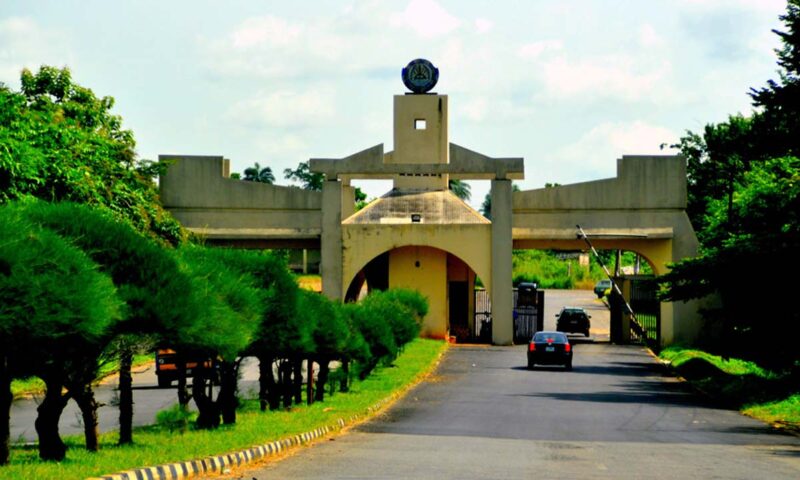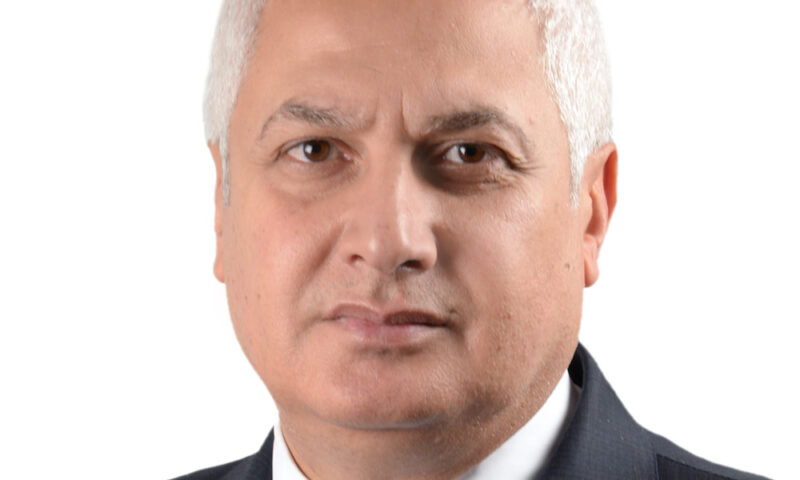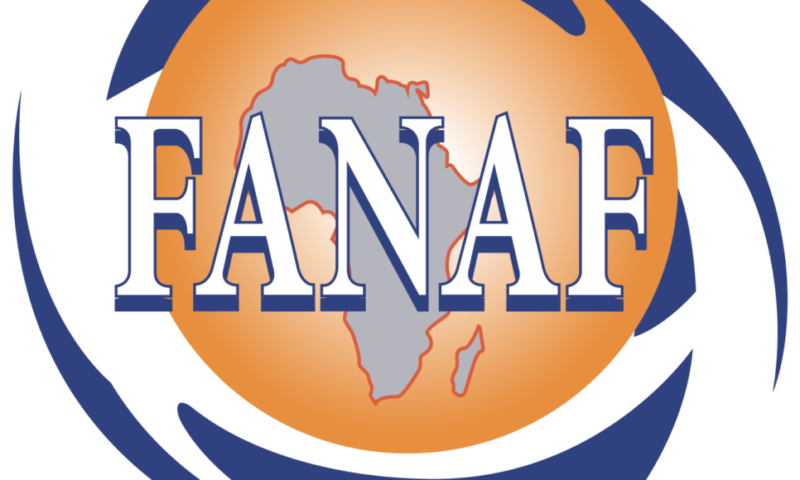By Favour Nnabugwu
The Islamic Corporation for the Insurance of Investment and Export Credit (ICIEC) has invested $32.3bn of transactions for its Sub-Saharan African members since 2015.
The sectors the organisation is involved in include climate action, renewable energy, food security, healthcare provision, infrastructure and industry; and reinsurance capacity.
Cumulatively, over 28 years ICIEC has insured $106.34bn in trade and investment, which includes $85.64bn in supporting exports and imports, and $20.7bn in foreign direct investment for all its 49 member states.
In 2021, ICIEC insured $9.797bn in trade and investment, which include $7.556bn in supporting exports and imports, and $2.241bn in support of FDI. Business insured for sub-Saharan Africa totalled $3.768bn.
In many African states, ICIEC effectively acts as the export credit agency of the countries involved.
The Chief Executive Officer of ICIEC Oussama Kaissi is busy criss-crossing Africa – whether, for example, addressing the AfDB’s Dakar summit, the Feed Africa: Food Sovereignty and Resilience forum under the patronage of President Macky Sall of Senegal, attending meetings of the Arab-Africa Trade Bridges (AATB) Programme in Tunis, or signing MoUs with Afreximbank in Cairo, and disbursing lines of financing for banks in Mozambique, West and North Africa and Uganda.
ICIEC, which is a member of the multilateral Islamic Development Bank (IsDB) Group, is involved in several landmark initiatives with African partners in 2023. These are centred around making transactions and projects “bankable” through de-risking tools; mobilising private capital and sharing risks through cooperating with peer partners.
“Our priorities,” explains Kaissi, “are upscaling operations by widening access to trade finance supported by credit insurance; and supporting projects in strategic sectors with high developmental impact in member countries.”
The focus, he says, is especially on those sectors creating jobs and fostering technology and knowledge transfer. “Given market demand, we see ICIEC getting increasingly involved in healthcare, social and transportation infrastructure, renewable energy, food security and climate mitigation sectors.”
As such, ICIEC is expanding its regional presence through dedicated country management offices, the latest of which is in Cairo. Egypt is a major beneficiary of ICIEC financing and underwriting, totalling $7.6bn to date.
Kaissi is under no illusion of the enormity of the task ahead given the huge disparity between the economies of its African member states and the underdeveloped credit and political risk insurance ecosystems.
According to the WTO, there is currently a $1.7trn gap in trade finance globally. In Africa, this amounts to a $450bn trade finance opportunity, of which the current gap is around $80bn.
Given the risks related to sectors such as agriculture, agri-business and food production in developing countries, the supply of trade finance is inevitably limited. Bank trade finance has carved out selected market niches, but it is nowhere near in promoting food self-sufficiency, import substitution and increased exports.
“Developing countries,” maintains Kaissi, “often have problems attracting requisite levels of inward private FDI flows, partly because projects are often deemed not bankable.
“Projects involving climate adaptation and food security present even bigger challenges for private investors because of various risks.
“Private sector development and engagement,” he says, “is one of the main pillars of our strategy. This requires credit enhancement that insurers such as ICIEC are well positioned to do through their sustainability policies.
“Embedding commercial opportunities and helping corporates and banks make a material difference to support positive development outcomes is something that risk mitigation tools can facilitate,”
Comprehensive private sector network
ICIEC has one of the most comprehensive private sector networks, to which it regularly allocates lines of financing to local banks either directly, through specialised investors or through Murabaha (cost-plus financing) syndications.
The challenge is to dramatically upscale these activities to also promote gender inclusion by improving access to trade finance for women entrepreneurs and small and rural farmers.
A committed Afrophile, Kaissi strongly believes in Africa’s ability to navigate its own development agenda based on African values, expertise, domestic investment.
“‘Made-in-Africa’ and ‘Africa Feeds Itself’ solutions,” he maintains, “are very important for ICIEC. Our mandate is clear – promoting intra-member trade and investment through the provision of our unique de-risking solutions, credit enhancement, guarantees and reinsurance; capacity building, technical expertise and training, guided by the development agendas of our member states.”
ICIEC does this through bilateral arrangements. multilateral cooperation and through partnerships with peer institutions and stakeholders.
In recent months these have included important initiatives under the AATB Programme, the Africa Co-Guarantee Platform, and through MoUs signed with various organisations including Afreximbank and Africa Finance Corporation.
Partnerships are at the core of ICIEC’s strategy going forward. As the insurance pillar lead of Arab-Africa Trade Bridges Programme, it is spearheading the establishment of the Arab-Africa Guarantee Fund (AAGF), expected to come on stream in autumn 2023.
Creating scalable structures
“The aim of AAGF,” says Kaissi, “is to provide a scalable structure that aims at mobilising financial resources and risk mitigation capacity to support trade and investment in Arab and African countries.”
The Umbrella Fund comprises three sub-funds: an Arab-Africa Green Facility, an Arab-Africa Food Security Facility and an Arab-Africa Health Facility, each of which may attract additional partners interested in the respective sector. Currently, work is underway in raising seed capital, finalising the business plan, and developing the investment pipeline.
ICIEC has closed $5.6bn worth of transactions to date under the AATB Programme. In 2022, it facilitated $400m trade finance transactions with Afreximbank and the International Islamic Trade Finance Corporation (ITFC) for the import of strategic goods and commodities of several African countries.
ICIEC also underwrote four other projects to the tune of €24m including a Murabaha syndication led by ITFC for STEG Tunisia to finance commodity imports; two Murabaha syndications totalling $225m in favour of the Egyptian Ministry of Finance for the import of foodstuffs; and a $63m cover for Afreximbank to insure LC confirmations with participating banks in Nigeria and Senegal for the import of essential commodities.
Africa’s food security, climate action, infrastructure and health system challenges are huge and fraught with multiple risks which necessitates in-built credit enhancement and risk mitigation, including for new instruments such as Green Sukuk and bonds. Here a potential gamechanger could be ICIEC’s Sukuk Insurance Policy (SIP), whose maiden underwriting is being rolled out for an energy transition project in Sharjah.
According to Kaissi, SIP is a credit enhancement and third-party guarantee aimed at promoting sovereign domestic issuances by ICIEC member states, especially those rated below investment grade and consequently attracting less private capital for sustainable development projects.
ICIEC is also involved in the IsDB Group’s latest initiative – a $10.54bn comprehensive Food Security Response Programme (FSRP) to assist with the ongoing food crisis and support future food resilience against climate impact in its 57 member states, of which 27 are from Africa. ICIEC has committed an initial $500m in political risk insurance and credit insurance cover, of which about $127m has recently been approved, including for an agri-project in Uganda.





